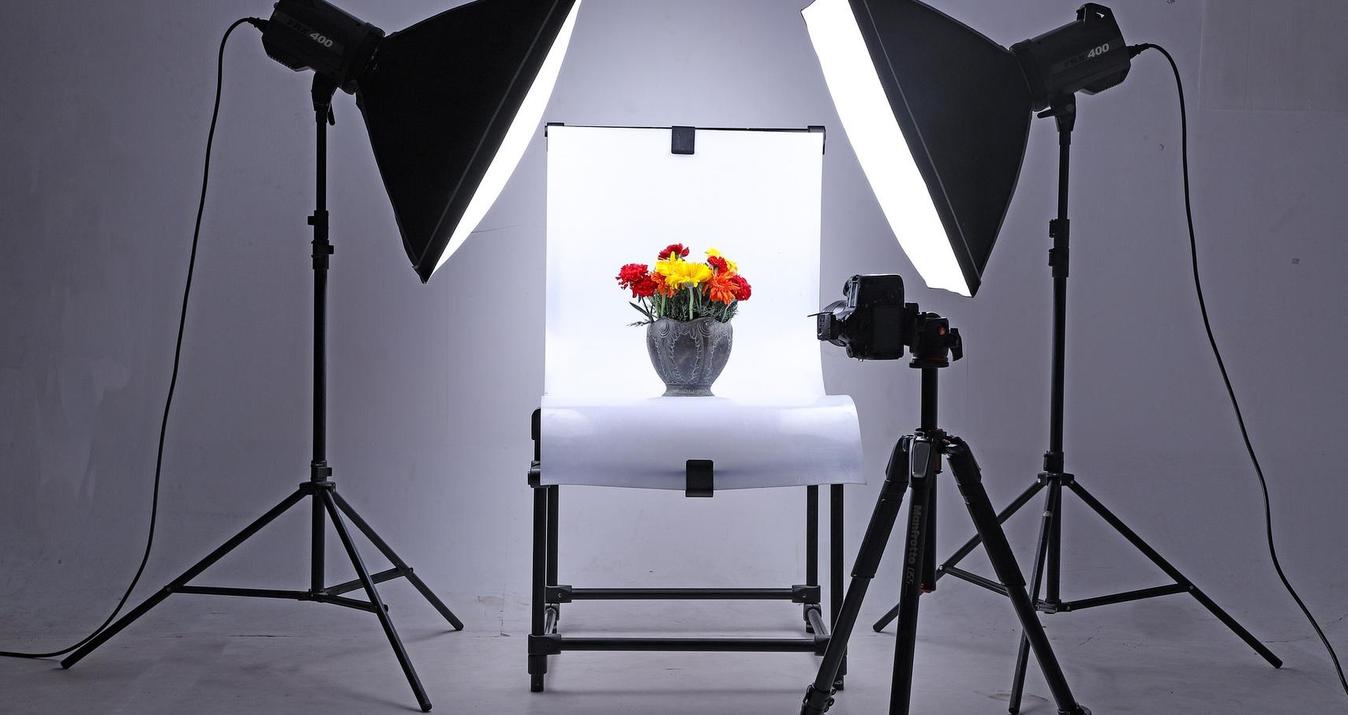How to Become a Storyteller in Photography
January 14, 2023
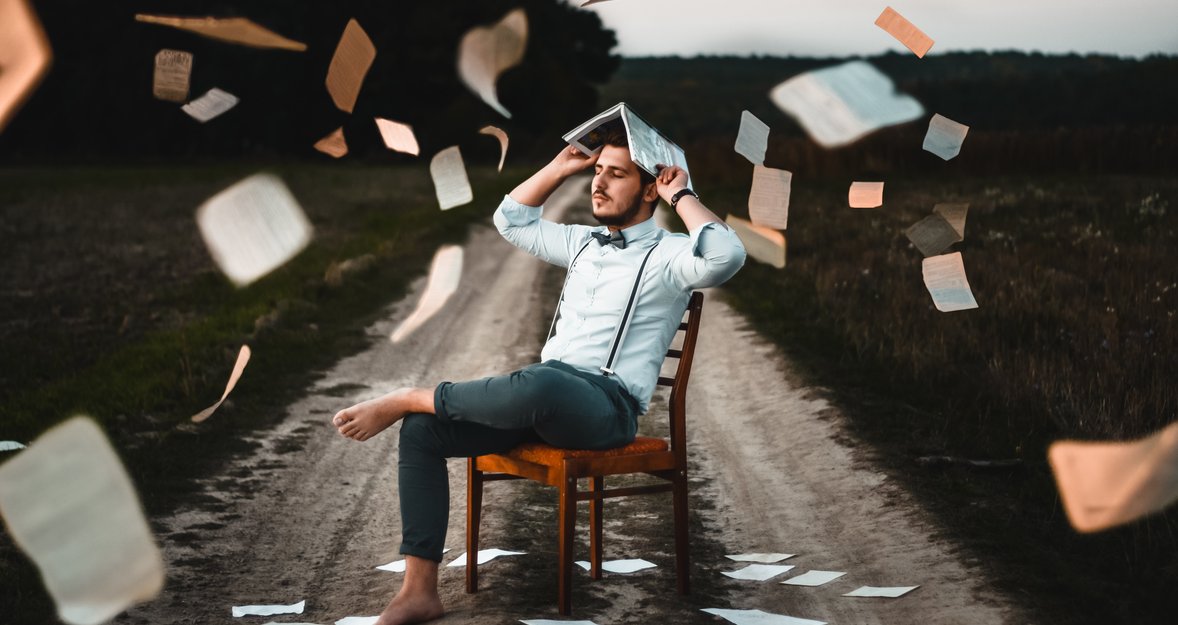
We are all familiar with storytelling. More often than not, stories from books or movies come to mind. But what about storytelling photography?
You may not have realized it, but a picture can tell a story without a single word. It can easily transport you to another world or another era or show the feelings of other people. Today we're going to talk about photography pictures that tell a story. Read to the end, and I'm sure you'll learn a lot for yourself and make stunning pictures.
What is storytelling in photography?
Do you want to tell a narrative, but don't want to make a movie or write a book? Then you can try telling specific tales with stories through pictures.
We cannot claim that this is a separate type of photography. Rather, it is a combination of several types: candid, portrait, or any other kind of photography. Documentary and fantasy are also great. Here you can do whatever you want. You are able to capture just one shot or an entire series of pictures. It all depends on the topic. Your most important task is telling a story through pictures.
To achieve the effect that allows a viewer to process what you want to show, you only need three elements:
- Camera. I guess there's no need for a long explanation here. You can't make any picture without a camera and storytelling photos are no exception.
- Subject. This should be the character whose emotions in your storytelling photographs the audience will be looking at. He can be cheered for, empathized with, or hated. It all depends on what you want to show.
- Additional elements that will accentuate your subject. It's your story and it's a rather good thing if you take the extra elements carefully.
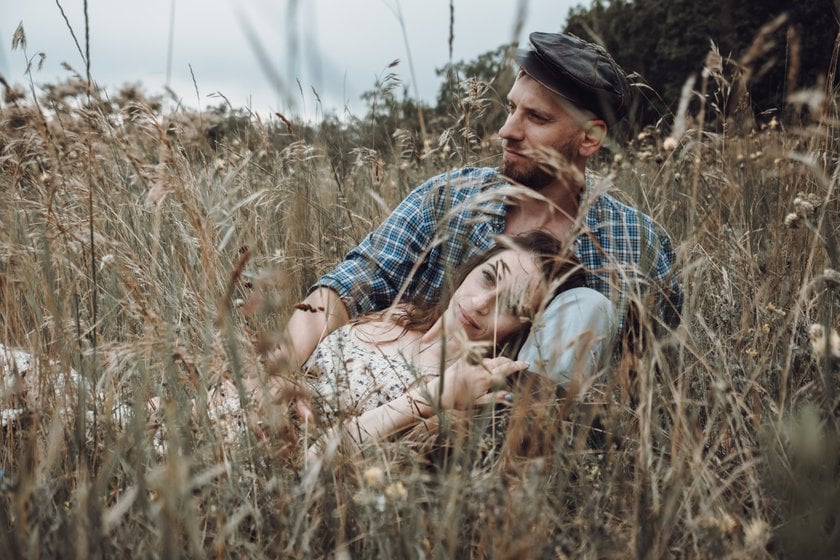
Well, now that we've got the definition and the basic elements figured out, let's move on to tips and storytelling narrative photography ideas.
Top 7 tips on story photographs
As we said, pictures are a form of storytelling. It is more difficult to tell something with them because, unlike films, they are stationary. However, we have prepared for you some tips that will be useful and you will be able to create real photographic masterpieces. Well, let's get started!
1. Plan ahead
If you decide to engage in creating visually interesting storytelling pictures, then you need to take care of everything in advance. The planning process should include:
- Choosing a topic that can interest the viewer, showing your ideas and viewpoints;
- Finding a subject on which to focus;
- Using props and symbols that may have special meanings.
In the practice of creating visually, you have to think about practical things as well. Photography storytelling, like any other type of photography, requires checking the weather forecast. You don't want to cancel a shoot because it's starting to rain, do you? This can quickly change the atmosphere and make it not at all that you expected.

This also includes a careful study of the story you want to show in the frame. It's very difficult to make pictures that tell a story without it. If your focus will be on a movie star or a novelist, read their biography. If, for example, you want to organize cultural preservation and tell a long-known fairy tale or myth in a different way, study all their versions.
I also recommend visiting the location beforehand if we are talking about a chronological narrative photography story. There you can get a glimpse of the locals and learn about their culture and behavior. Believe me, it will be very useful if you want to create a real masterpiece.
However, I also advise you to remember that things do not always go as planned. If something unexpected happens in your photographic storytelling, try to turn the situation to your advantage. You might take shots that no one else has ever managed to get before.
2. Play on emotions
Telling a story with photo examples will be impossible if the viewer does not experience any emotion. In order to convey it, there can be a person in the medium of photography. His gestures, facial expressions, in general, body language, are able to become something that will help you.
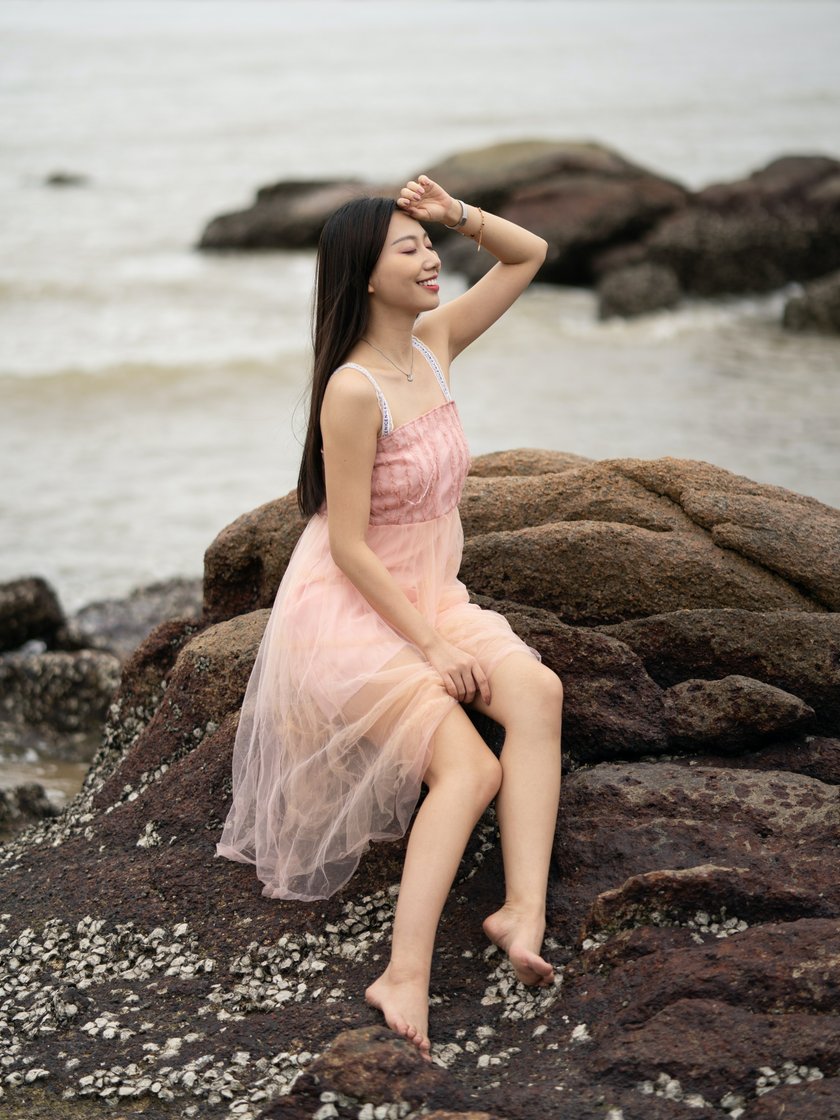
However, do not be discouraged if you do not want to make a person the centerpiece of your story photography. Landscape, still life, abstraction – they can all bring emotion to the viewer. You need to think about those moments:
- Detail. Sometimes the smallest detail can bring out your viewer and say exactly what you wanted to say.
- Color is a great tool for conveying certain emotions in your storytelling. If we look at visual storytelling photography examples, we see that red hues show passion or rage, while blue hues show calm or aloofness. Knowing color theory will be very helpful if you want to get the best effect.
To achieve optimal results, consider the crucial role of post-processing in refining image details, balancing colors, and setting the desired mood. Utilizing tools like Luminar Neo can significantly streamline this process, taking your photography to the next level. Make sure not to overlook this crucial step in the pursuit of photographic excellence.
3. One photo or a whole series?
Many photographers are still arguing about what it takes to achieve an effect: a single photo or a series of pictures that tell a story ideas? There is no definite answer to this question. I can say that sometimes one photo isn't enough, because it can't capture the depth of a story. I have seen some great examples where the photographer did a great job, though.
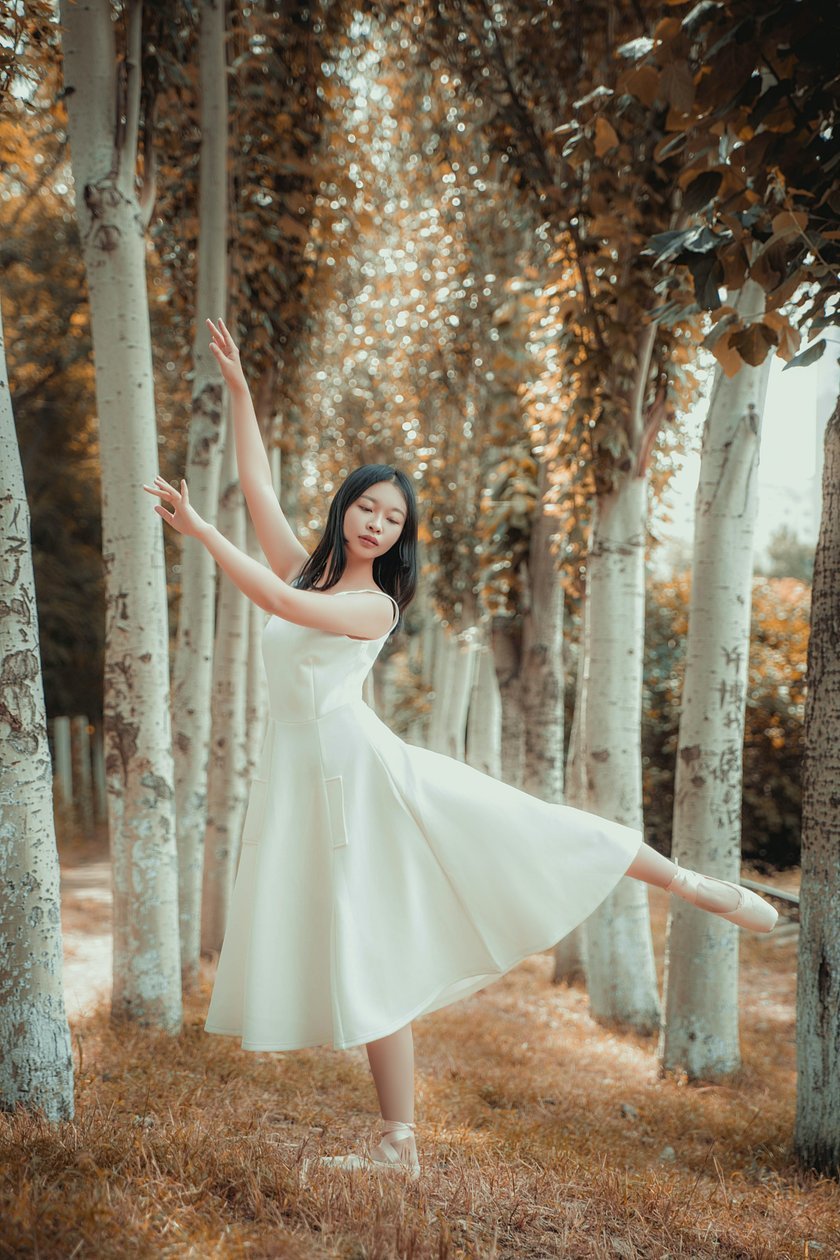
I myself, however, prefer not just one photo that tells a story, but several. A series of shots makes the viewer process each image, and then combine them into a whole. If you decide to use this method, then remember that your first and last pictures should be the most emotional, because that's what the audience looks at primarily.
4. Use a narrative structure
It works the same way here as in a standard literary work. Photography narrative ideas are that you have a beginning, the main part, and an ending. This means that you need pictures ordered in a specific way. They should show how it began, continued, and ended.
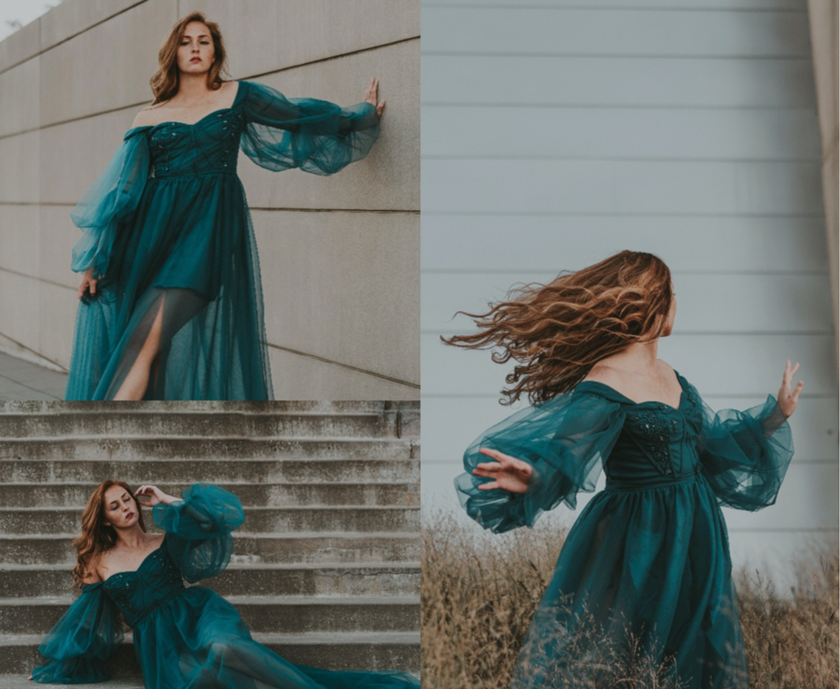
I recommend that you try to shoot in the same place at different times of the day. You will be surprised how easily you can tell a story through pictures.
5. Play with the props
I already mentioned that photography pictures that tell a story only get better if you add props to them. You can use props to bring out the personality of any character. For example:
- A long, luxurious dress will show that the princess is in the center of the frame;
- A stern black suit will show a bureaucrat or someone in distress;
- A shabby outfit would show a person in distress.
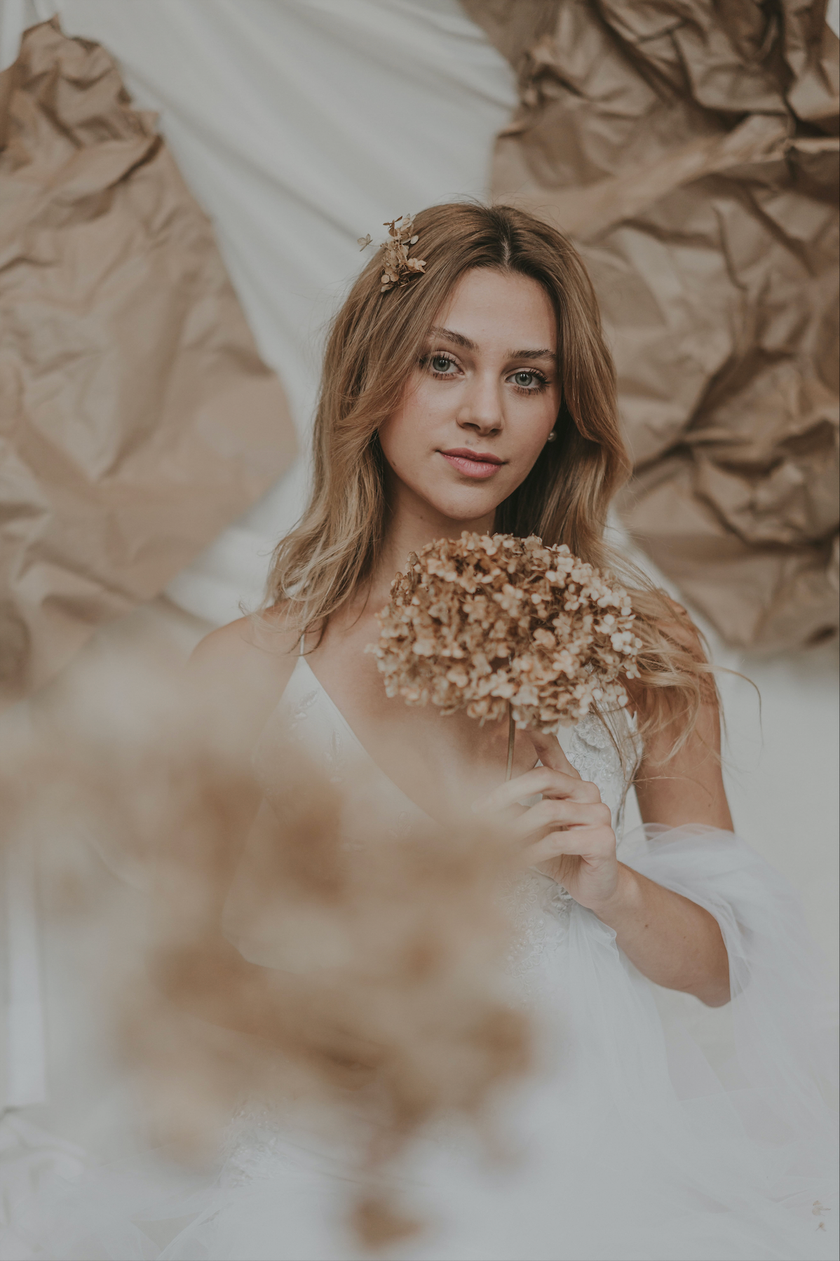
Remember that some props will have to be worked on to find them. If you want to make photography telling the story of a warrior or an assassin, you will need weapons. If you want to turn your character into a deity, use a staff, a magic wand, or a trident.
6. Don't forget about the camera settings
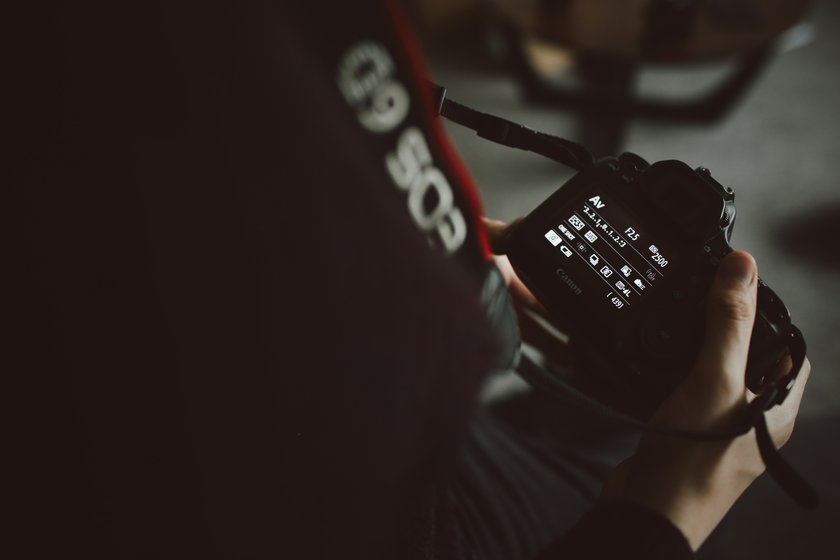
Storytelling through pictures is not an easy task. No wonder some photographers forget about the camera settings, so the photos don't turn out very well. I advise you to keep this in mind no matter what genre you're working in. A shot with beautiful light, great composition, perfect exposure, and a great story? That's how you can get your audience's attention!
7. Direct your object
Who are the main elements in the story? That's right, the character! In storytelling through photography, it's exactly the same. You can direct your subject so that all attention is focused on him or her.
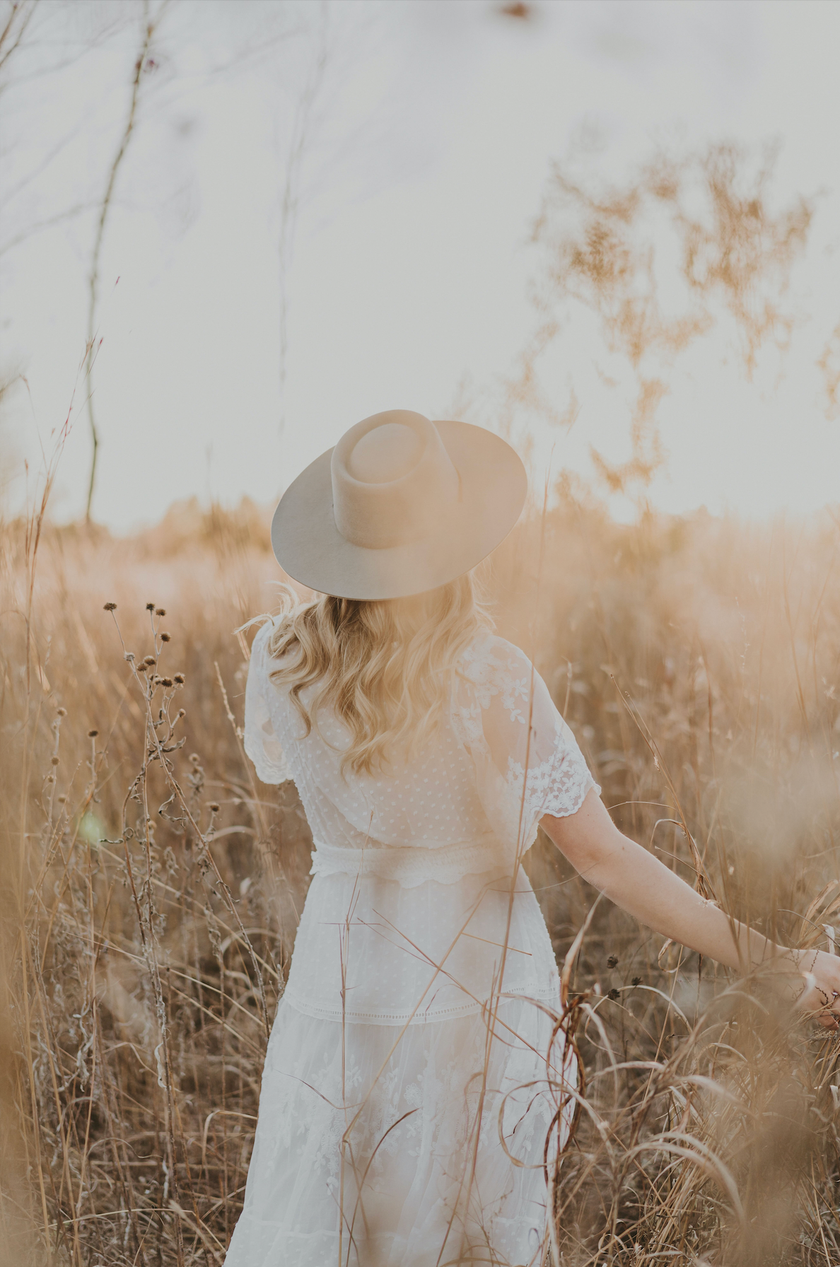
If your character walks away from the camera, the viewer will have a subconscious desire to follow him. If, on the contrary, he comes closer, the viewer wonders what will happen next.
One of the great storytelling photography ideas would be to have the camera above or below your subject. In the first case, it will make it look weaker, in the second, it will, on the contrary, be stronger.
Improve your storytelling photos in Luminar Neo
Well, you've already learned the basics, and you know how to tell a story with pictures. But this is not the end of your work, because post-processing is a very important step. I recommend editing a photo with Luminar Neo. This handy photo editor allows you to do a lot of things. Here are a few of its features:
- Presets that allow you to instantly change the photo;
- Sunrays tool, which allows you to place real sun rays on your picture;
- Automated sky replacement tool with a vast library of build-in skies to choose from;
- AI-based editing allows you to improve your photo in a second.
And this is not a complete list of Luminar Neo's features! Try this photo editor and you won't be able to give it up.
Advanced yet easy-to-use photo editor
Get Luminar Neo NowFinal words about photo storytelling
Storytelling is a huge field for experimentation because it is in this genre you can show your creative potential. So what are you waiting for? Try it, and you're sure to succeed! I wish you inspiration and great shots.





